CHEERS | BEER

Super Bock or Sagres?
There are more than two beers produced in Portugal – but Superbock and Sagres are the most instantly recognisable.

South Africans love Portugal and almost all things Portuguese. Let’s face it, Nando’s would not be the spicy global food sensation it is had a grateful nation not taken fiery chicken peri-peri to heart.
The intrepid sea-faring navigators Dias and Da Gama sailed around our southern coastline centuries ago and ever since then, South Africans have enjoyed the flavours of Portugal – from prego rolls, and calamari, espetada and choriço.
Satisfy the cravings for the taste of Portugal at any number of taverns and Portuguese eateries and Sagres and Super Bock will be the amber brews served alongside the meal. So what’s the story with these two popular cerveja?
As with so many things, Portugal punches above its weight division when it comes to beer. In Europe, this small nation squeezed between the Atlantic Ocean on the west, the Mediterranean to the south and Spain to the north and east, is the 11th largest producer of beer – but it’s the seventh largest exporter of the same product.
Reported in Portugal News, data from the Associação Cervejeiros de Portugal showed that “total beer production in 2020 was 659 million litres” with exports comprising 194 million litres and worth $156 million (R2.8 billion). Local consumption of beer is brisk and according to the Associação, it’s around 53 litres per person every year. But with their warm, sunny climes and the beaches of the Algarve and Alentejo and elsewhere on the long coastline bringing thousands of tourists annually – particularly thirsty visitors from cooler nations – that figure is understandable.
According to Wikipedia, two companies have long controlled 90% of the beer market – which is a result of the 1974 military coup in Portugal. The two, Sociedade Central de Cervejas, SA and Unicer – Bebidas de Portugal, SA, were created after the coup from the remains of well-established breweries as the beer industry was nationalised. Both companies were nationalised in the 1990s and they’re the makers of Sagres and Super Bock respectively.
Historic records reflect that Portugal has a long tradition of beer-making and drinking – something it got from the Romans. In fact the nation’s word for beer – cerveja – is from the Latin cervisia. Beer experts are of the opinion that both Sagres and Super Bock are ideally suited to the country’s hot climate, as they’re light and thirst- quenching. They are similar in style being light-bodied pale ales but there is a difference in taste and most people who sample them have a preference for one or the other.
The capital city of Lisbon is where Sagres is made while Super Bock comes from the north of the country – and local preferences appear to be divided along geographical lines, as much because of marketing and advertising as well as sponsorship of popular football teams!
FC Porto and Clube de Futebol Os Belenenses are Super Bock teams while Benfica, Braga and Olhanense are Sagres sponsored. And fans support their team’s sponsors!
Another interesting feature of drinking beer in Portugal is how they serve it – or the volumes it’s served in. The standard size is an imperial – 200ml, and when in a bottle it’s called a mini. If you were ordering a beer at a café on the Algarve in the south, you’d ask for “uma imperial” – but in the north, say in Porto for example, that request would be for “um fino”. Different words but you’ll get the same thing, a 200ml serve of cold beer.
If that is too much, it’s possible to order a lambreta which is just 150ml. To accommodate the hordes of British tourists who descend on the Algarve every summer, there is “uma caneca” or a 500ml pour. And if in a bar which has bottled beers, ask for “uma garafa” of whatever your choice is.
Once the glass or bottle of beer is served, the only thing that remains to be said is: “saúde” or cheers!
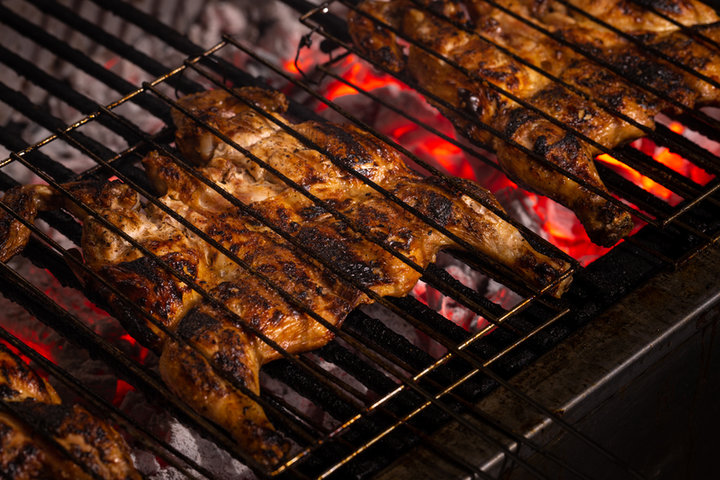
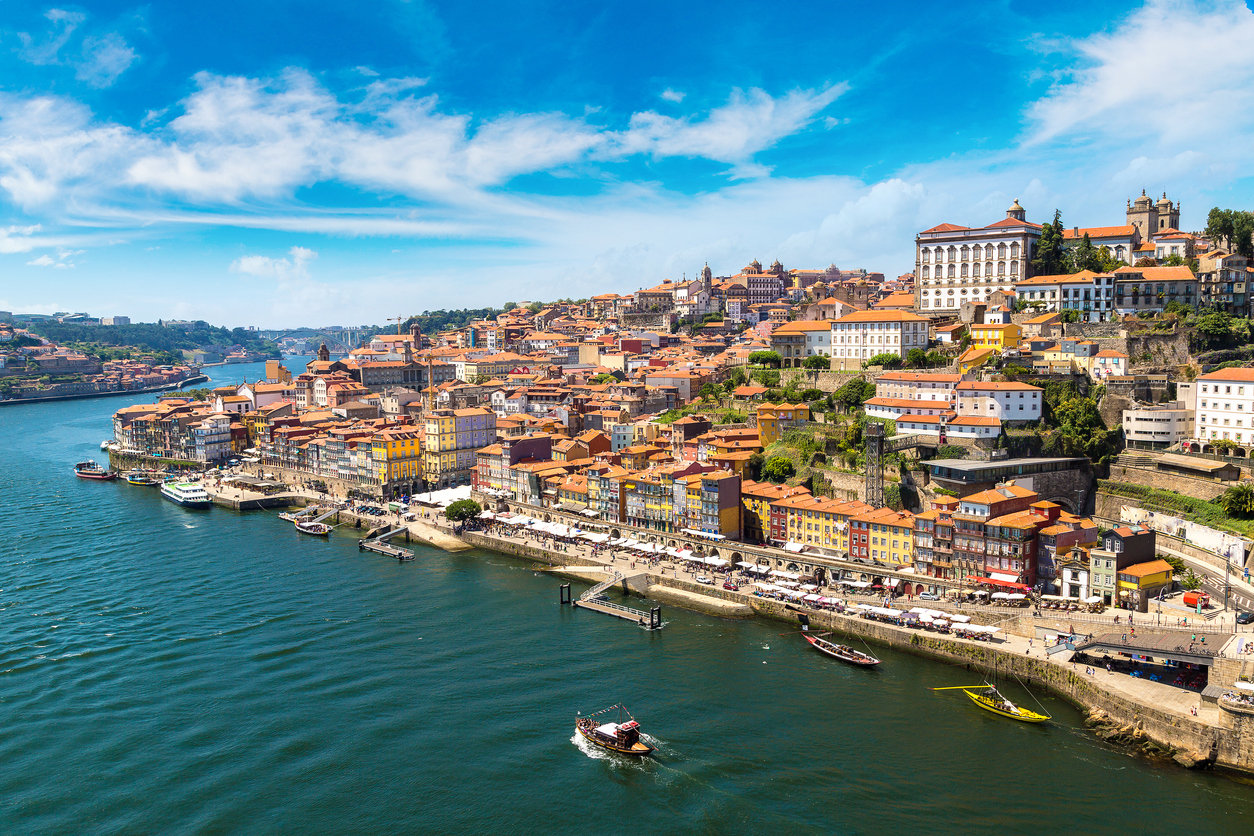
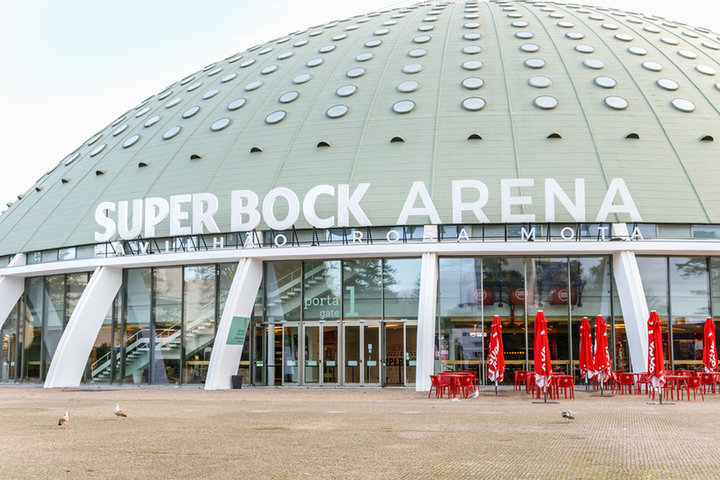
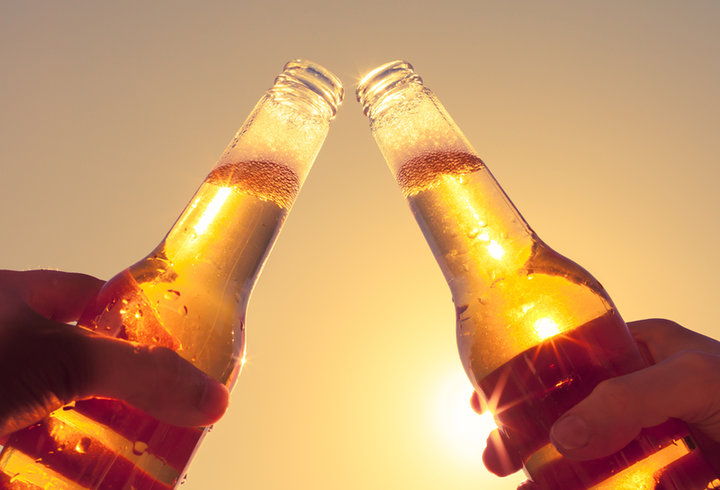

Satisfy the cravings for the taste of Portugal at any number of taverns and Portuguese eateries and Sagres and Super Bock will be the amber brews served alongside the meal. So what’s the story with these two popular cerveja?
As with so many things, Portugal punches above its weight division when it comes to beer. In Europe this small nation squeezed between the Atlantic Ocean on the west, the Mediterranean to the south and Spain to the north and east, is the 11th largest producer of beer – but it’s the seventh largest exporter of the same product.
Reported in Portugal News, data from the Associação Cervejeiros de Portugal showed that “total beer production in 2020 was 659 million litres” with exports comprising 194 million litres and worth $156 million (R2.8 billion). Local consumption of beer is brisk and according to the Associação it’s around 53 litres per person every year. But with their warm, sunny climes and the beaches of the Algarve and Alentejo and elsewhere on the long coastline bringing thousands of tourists annually – particularly thirsty visitors from cooler nations – that figure is understandable.
According to Wikipedia, two companies have long controlled 90% of the beer market – which is a result of the 1974 military coup in Portugal. The two, Sociedade Central de Cervejas, SA and Unicer – Bebidas de Portugal, SA, were created after the coup from the remains of well-established breweries as the beer industry was nationalised. Both companies were nationalised in the 1990s and they’re the makers of Sagres and Super Bock respectively.
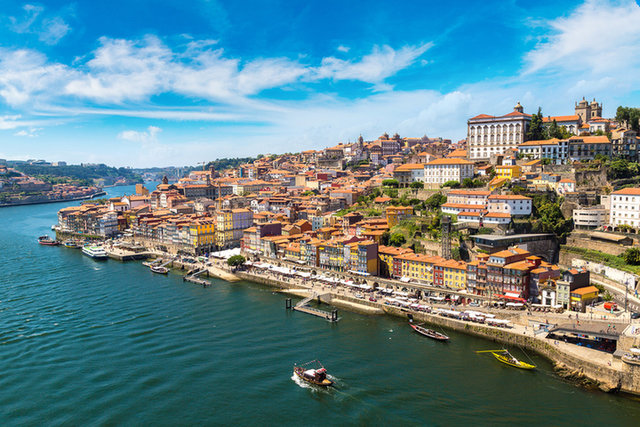
Historic records reflect that Portugal has a long tradition of beer making and drinking – something it got from the Romans. In fact the nation’s word for beer – cerveja – is from the Latin cervisia. Beer experts are of the opinion that both Sagres and Super Bock are ideally suited to the country’s hot climate, as they’re light and thirst quenching. They are similar in style being light-bodied pale ales but there is a difference in taste and most people who sample them have a preference for one or the other.
The capital city of Lisbon is where Sagres is made while Super Bock comes from the north of the country – and local preferences appear to be divided along geographical lines, as much because of marketing and advertising as well as sponsorship of popular football teams!

FC Porto and Clube de Futebol Os Belenenses are Super Bock teams while Benfica, Braga and Ohhanense are Sagres sponsored. And fans support their team’s sponsors!
Another interesting feature of drinking beer in Portugal is how they serve it – or the volumes it’s served in. The standard size is an imperial – 200ml, and when in bottle it’s called a mini. If you were ordering a beer at a café on the Algarve in the south, you’d ask for “uma imperial” – but in the north, say in Porto for example, that request would be for “um fino”. Different words but you’ll get the ame thing, a 200ml serve of cold beer.
If that is too much, it’s possible to order a lambreta which is just 150ml. To accommodate the hordes of British tourists who descend on the Algarve every summer, there is “uma caneca” or a 500ml pour. And if in a bar which has bottled beers, ask for “uma garafa” of whatever your choice is.
Once the glass or bottle of beer is served, the only thing that remains to be said is: “saúde” or cheers!
